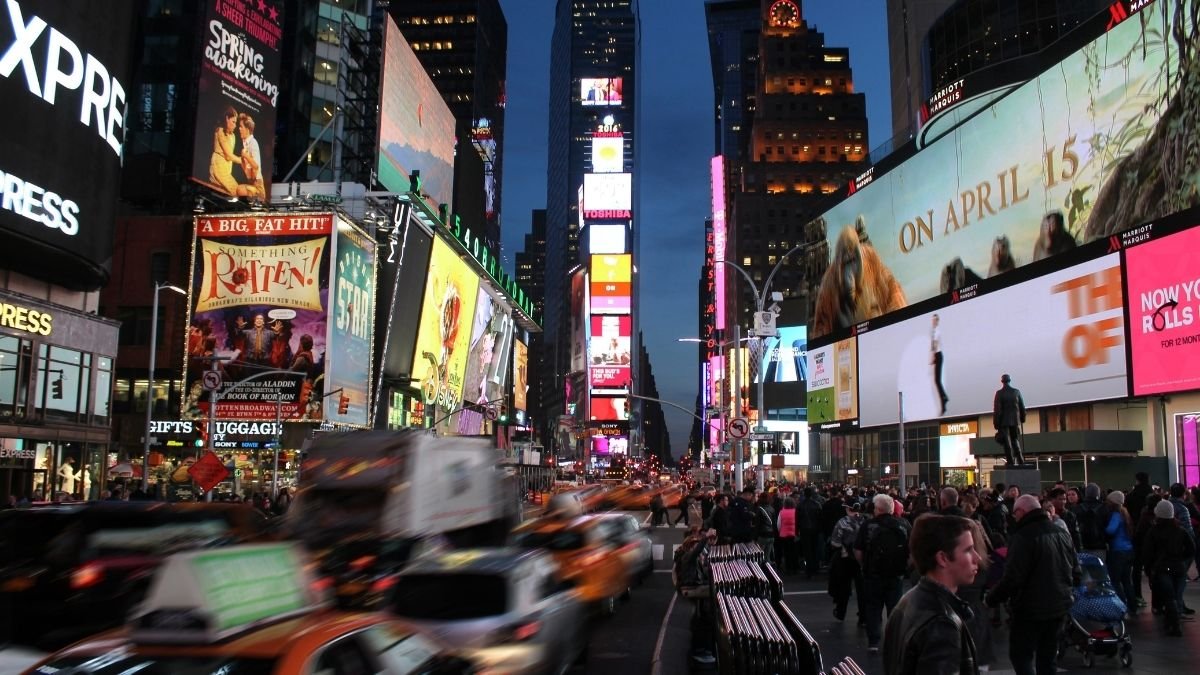Lawmakers castigated executives from United Airlines and other carriers this Tuesday as part of the first of two congressional hearings that commenced in an effort to address the highly publicized incident of the airport police dragging a man off a United flight last month.
“The reason I’m sitting here now is because on April 9 we had a serious breach of public trust,” Oscar Munoz, chief executive officer of United Continental Holdings Inc., declared to the members of the House Transportation and Infrastructure Committee.
Munoz restated apologies for the situation and affirmed that the airline has made various changes to its policy, including augmenting the compensation for people who have to give up their seats.
“Something is broken,” Representative Bill Shuster, who is the chairman of the committee, declared during the opening of the hearing. If airlines continue to not make changes, then it will spark congressional action and, “I can assure you, you will not like the outcome.”
Shuster acclaimed the four carriers who agreed to testify, designating them to be the “brave few.” All of the major carriers were invited, according to him. Although United, American Airlines, Southwest Airlines and Alaska Airlines officials were present, Delta Air Lines did not even send a representative of any sort.
The problem relating to airline relations with customers came into national eyes after a deplorable incident when a passenger was physically and brutally dragged off a United flight in Chicago. The airline required additional seats to be made available to that there would be enough room for all of the crew members who needed to get to Louisville, Kentucky, to operate flights the following day, so it bumped the passenger. After he refused to leave the plan and explained his rational reason for doing so, police were called on to remove him by force.
Videos of the situation taken by other passengers were made public via social media sites and television news broadcasts, prompting outrage—the occurrence was a strongly violent reaction by the airline to a physician who refused to give up his seat because he needed to get to Louisville for work-related reasons. Since then, airlines are quickly modifying policies for passengers bumped from flights as consumer groups mandate alterations in the law and Congress opens the first of two hearings prompted by the United incident.
The chaos comes as the Department of Transportation under Trump has taken the initial steps to decrease or undo consumer-protection rules sought by former President Obama. In March, the administration declared that it intended to adjourn an effort to draft a regulation which would require additional disclosure of airline fees.
The Bloomberg US Airlines Index increased by 2.8%, the most intraday in the past two months, simultaneously to a decrease in oil prices and escalation in broader markets. Delta Air Lines Inc. took the lead in terms of gains, ascending 4.2% to $47.30, which is the most since September, at 12:41pm in New York. Earlier in the day, the airline divulged a rise in a closely monitored revenue gauge last month.
“What happened on United Express flight 3411 cannot happen again,” Representative Rick Larsen, a Washington Democrat who is the senior member on the committee’s aviation subcommittee of his party, asserted. “But, in truth, these problems are not specific to United Airlines.”
Flying within the US has turned into a “terrible” experience, from the time someone logs in on a computer in an attempt to determine which carrier has the lowest fares, opined Representative Mike Capuano, a Massachusetts Democrat. Regardless of Capuano having told Munoz that he accepted the apologies, he declared that is merely the “beginning.”
“I hope you all know that this doesn’t stop today and you will be judged on how it is implemented,” Capuano said.
One of the most controversial concerns facing the aviation industry—of whether or not to shift control of the government’s air-traffic service to a nonprofit corporation—has made its way into the discussion. Representative Dina Titus, a Nevada Democrat, probed whether airlines, which would have seats on the board of a new establishment controlling the system, would work in the interest of the public.
“What guarantee does the customer have you’ll do any better job at that than you’re doing now with just getting them on the plane or dragging them off?” Titus inquired.
United President Scott Kirby explicated that many airlines encouraged the move as it would make flights more efficient.
Trump supports Shuster’s proposition to transfer control of air traffic from the Federal Aviation Administration to a nonprofit. Shuster has made it clear that he intends to push that measure later this year.
Although it was United’s policy to call upon police force to remove bumped passengers who refuse to leave their seats, Munoz admitted under questioning that he was unaware of any cases like this happening prior. Police are typically only called into play when a passenger is deemed a security risk or disruptive, he continued.
The majority of the cases that include the bumping passengers at United happen due to operational issues, such as weight restrictions that require leaving some seats empty, rather than because of overbooking, explained Kirby.
American Airlines is more directly overseeing oversold flights and has sworn it will not remove anyone after a plane has been boarded, affirmed Kerry Philipovitch, senior vice president for customer experience.
“While we strive for perfect customer service every day, the reality is the system is far from perfect,” Philipovitch asserted. “Nonetheless, when these customer service issues occur, we work quickly to fix and learn from them.”
Philipovitch and Munoz were in the company of an additional three airline executives and a consumer advocate at the hearing. A Senate committee is set to hold a comparable hearing on Thursday.
The situation that occurred on the United flight is an indication of a joining in the airline industry so that only these four major carriers are in control, and Congress should implement new passenger protections accordingly, William McGee, aviation consultant for the nonprofit group Consumers Union, argued in his testimony.
“We need a consistent, uniform, comprehensive, clearly written set of passenger rights for U.S. airlines,” McGee declared.
Airlines should be required to divulge their rules and policies to passengers in a clearer manner than the legalistic so-called contracts of carriage, Representative Peter DeFazio, the highest ranking Democrat on the committee, stated in an interview.
“They need to simplify the contracts of carriage,” DeFazio opined. “They need to be simple language. They need to be transparent. They need to be indexed. People need to be notified.”
The United passenger, 69-year-old David Dao, agreed upon a private settlement with United on Thursday, thus terminating the legal action he was carrying out against the carrier in relation to the incident, which took place on April 9th. “United has taken full responsibility for what happened on Flight 3411 without attempting to blame others including the City of Chicago,” his attorney, Thomas Demetrio, revealed in a statement.
A doctor native to the Louisville area, Dao suffered a concussion, fractured nose and two broken teeth as a result of the brutal incident in which the police forcefully removed him from his seat and physically dragged him off of the aircraft.
Featured Image via Wikimedia.











































Worth reading